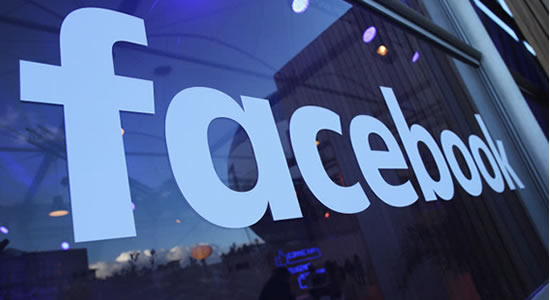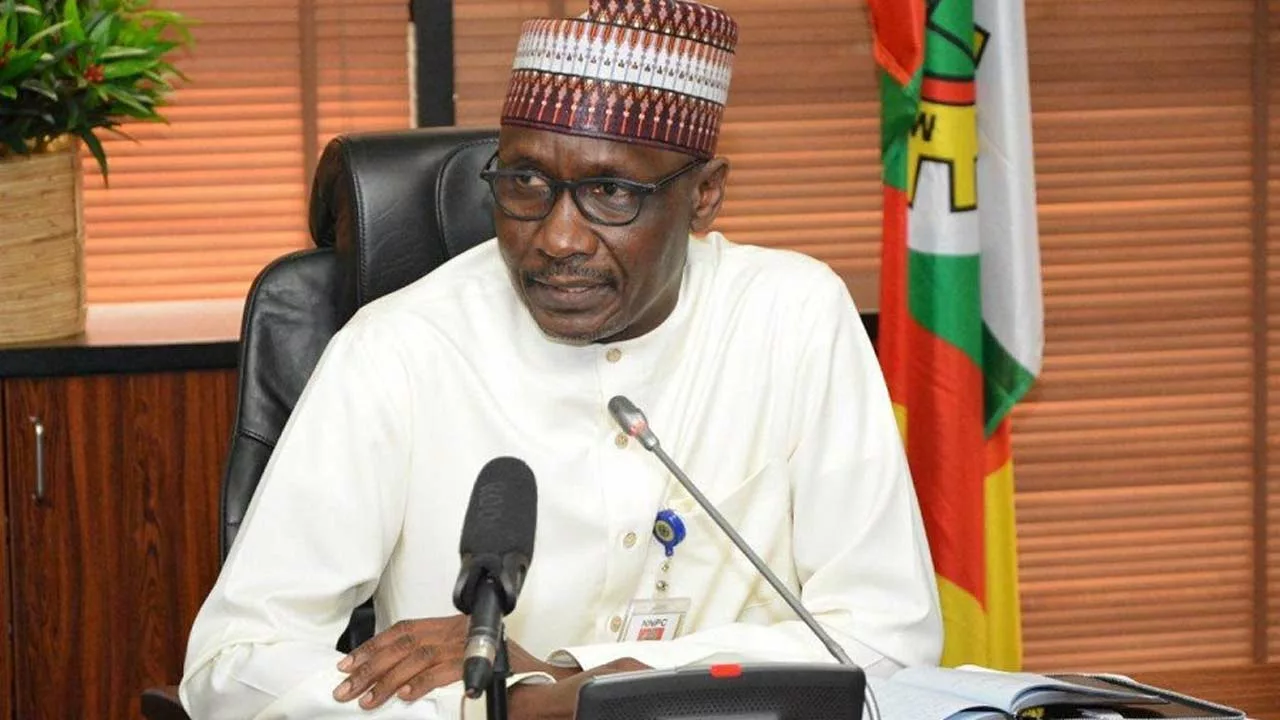Facebook’s ongoing attempt to reckon with its impact on civil life continued today with the company acknowledging that its platform is not always good for democracy. In a set of blog posts published as part of its “Hard Questions” series, Facebook execs and outside experts assess the company’s impact on elections, partisan politics, and fake news. As ever, Facebook tempers its self-criticism. For example, referring to “the damage that the internet can do to even a well-functioning democracy” (our emphasis), rather than damage caused by Facebook specifically.
But, it does admit to a sliver more responsibility — taking the company one step further from CEO Mark Zuckerberg’s comments in 2016 that it was “crazy” to say Facebook influenced the US election.
Facebook warned today that it could offer no assurance that social media was on balance good for democracy.
It also expressed regrets about the 2016 US elections, when according to the company Russian agents created 80,000 posts that reached around 126 million people over two years.
But Facebook said it was trying what it could to stop alleged meddling in elections by Russia or anyone else. The acknowledgement takes the company one step further from CEO Mark Zuckerberg’s comments in 2016 that it was ‘crazy’ to say Facebook influenced the US election.
The sharing of false or misleading headlines on social media has become a global issue, after accusations that Russia tried to influence votes in the United States, Britain and France.
Facebook, the largest social network with more than 2 billion users, addressed social media’s role in democracy in blog posts from a Harvard University professor, Cass Sunstein, and from an employee working on the subject.
‘I wish I could guarantee that the positives are destined to outweigh the negatives, but I can’t,’ Samidh Chakrabarti, a Facebook product manager, wrote in his post.
Facebook, he added, has a ‘moral duty to understand how these technologies are being used and what can be done to make communities like Facebook as representative, civil and trustworthy as possible.’
US lawmakers have held hearings on the role of social media in elections, and this month Facebook widened an investigation into the run-up to Britain’s 2016 referendum on EU membership.
Chakrabarti expressed Facebook’s regrets about the 2016 US elections, when according to the company Russian agents created 80,000 posts that reached around 126 million people over two years.
The company should have done better, he wrote, and he said Facebook was making up for lost time by disabling suspect accounts, making election ads visible beyond the targeted audience and requiring those running election ads to confirm their identities.
Twitter and Alphabet’s Google and YouTube have announced similar attempts at self-regulation.
Chakrabarti said Facebook had helped democracy in ways, such as getting more Americans to register to vote.
Sunstein, a law professor and Facebook consultant who also worked in the administration of former US President Barack Obama, said in a blog post that social media was a work in progress and that companies would need to experiment with changes to improve.
Another test of social media’s role in elections lies ahead in March when Italy votes in a national election already marked by claims of fake news spreading on Facebook.




















